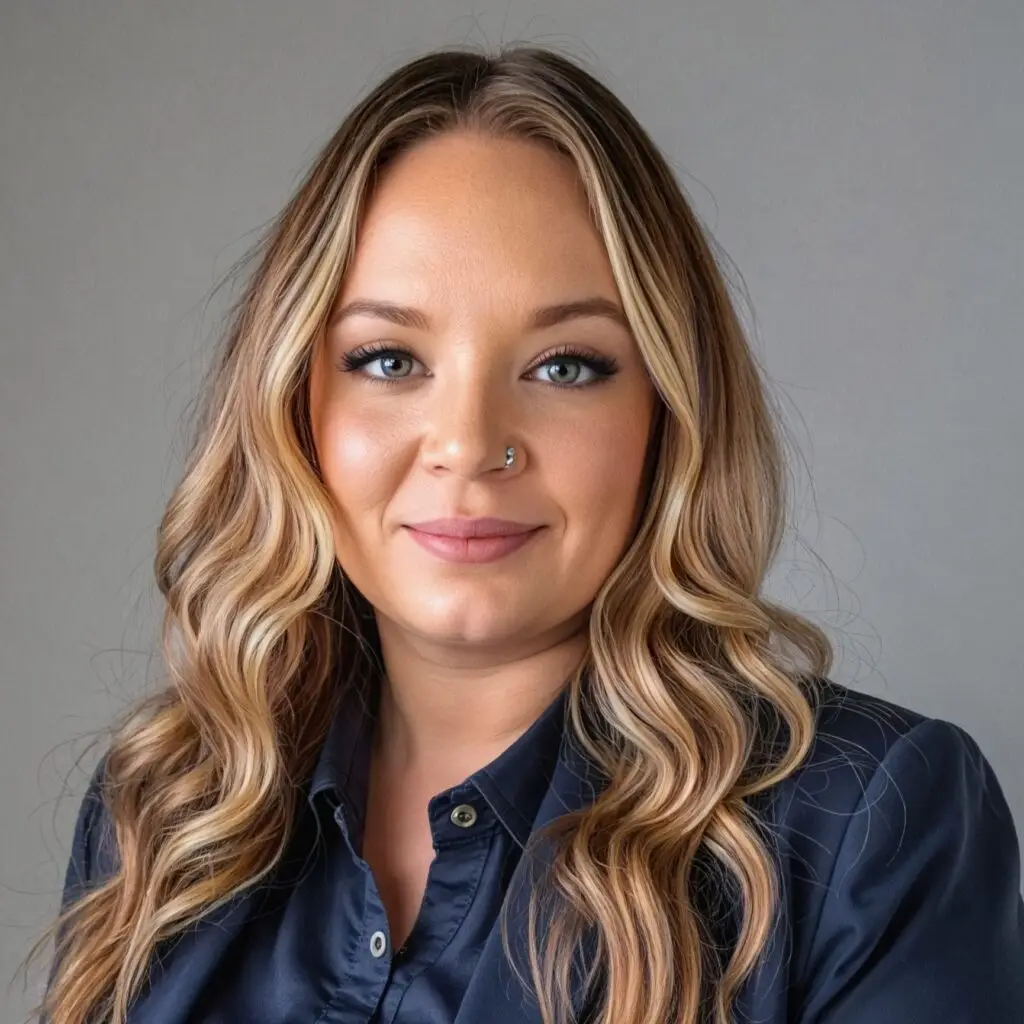Core Therapy
Dialectical Behavior Therapy (DBT)
Dialectical Behavior Therapy, or DBT, teaches practical skills you can use in real life—especially when emotions run high. It blends two key ideas: accepting where you are right now, and learning new ways to respond that actually work in daily life. Unlike many talk therapies, DBT is highly structured, skills-focused, and designed to give you tools you can use between sessions so progress continues outside the therapy room.
All Major Health Organizations Recommend DBT



Understanding Dialectical Behavior Therapy (DBT)
DBT is a skills-based therapy for people who feel emotions quickly and strongly. Sessions usually include one-on-one time, a small skills group, and brief coaching between sessions so you can use what you’ve learned when it matters most—like during a hard conversation, a craving after work, or a late-night spiral. Over time, four core skill areas—mindfulness, emotion regulation, distress tolerance, and interpersonal effectiveness—become a toolkit you can use at home, at work, and with the people you care about.
Benefits of DBT
When feelings rise fast, DBT gives you a simple plan: notice what’s happening, steady your breath, and pause before reacting. Most people find the moment feels less overwhelming once they know the steps.
DBT is practical. You might use a cold-water reset before a tough call, grounding when a text sets off worry, or a short script to ask for what you need without conflict. These tools are made for everyday life.
Progress comes in small, steady steps. You’ll track wins on a simple diary card, adjust what isn’t working, and build on what does. Each success makes it easier to trust yourself in the next hard moment. Over time, those small victories add up, showing you that change is possible and that you can handle challenges without losing control. The more you practice, the more resilient and confident you become in facing life’s ups and downs.




How DBT Works
Set Your Goals
You and your therapist start by choosing a few clear goals in your own words—things like having fewer arguments at home, handling cravings after work, or getting through the evening without a spiral. Defining what matters most helps keep every session focused.
Create a Safety Plan
Together, you’ll put together a short plan you can lean on when emotions feel overwhelming. It usually includes your early warning signs, three quick coping steps, and a list of people or supports you can reach out to. Most people keep it saved on their phone so it’s easy to find in the moment.
Learn One Skill at a Time
Each session introduces a simple, specific tool. You might practice mindfulness to slow racing thoughts, paced breathing to calm your body, or a short script to ask for what you need without conflict. Role-plays and examples help the skill feel natural before you try it in real life.
Practice Between Sessions
DBT is about using skills when they matter most. You’ll pick real-life moments to practice—like pausing before replying to a heated text, riding out a craving, or setting a boundary in conversation. You jot down what you tried and how it went, so you can build on it later.
Track and Review Progress
To keep progress visible, DBT uses a simple daily tracker (sometimes called a diary card). You note urges, emotions, and which skills you used. In your next session, you and your therapist look over the patterns together, troubleshoot what got in the way, and plan the next step.
Stay Connected With Support
Some DBT programs also include brief coaching between sessions. That means if you get stuck, you can reach out and get a quick nudge in the moment instead of waiting until the next appointment.
Our Experts
DBT at The Haven Detox is led by licensed therapists with advanced training in DBT principles. They understand how intense emotions, substance use, and mental health challenges often overlap. That experience means your DBT skills don’t stand alone—they’re woven into your larger care plan, so every step supports your progress.

Lead Therapist
- Helps clients apply DBT skills in daily life through structured therapy guidance.

Therapist
- Supports individuals in learning DBT strategies for emotional regulation.

Therapist
- Works with clients on practicing DBT techniques to strengthen coping skills.
DBT for Real Life: What DBT Can Support
DBT is effective for a wide range of challenges when emotions and stress feel overwhelming.
Substance use and relapse triggers
DBT can be adapted for addiction by teaching “dialectical abstinence,” craving management, and repair after slips. Skills help you handle urges and rebuild routines that keep recovery on track.
Eating and body-image concerns
DBT helps interrupt impulsive patterns around food and body image by pairing acceptance with change and teaching skills for urges and emotions.
Depression and low motivation
Behavioral activation and problem-solving within DBT help you take small, doable steps when energy is low, which often lifts mood over time.
Anxiety and panic
DBT for anxiety teaches mindfulness and emotion-regulation skills that reduce spirals of worry and physical symptoms by training your attention and calming your nervous system.
PTSD and trauma-related stress
Distress-tolerance skills provide safer ways to get through flashbacks or surges of emotion, while interpersonal skills support boundaries and trust building.
Borderline personality disorder and self-harm
DBT was created for this struggle and has strong research support for reducing self-harm, suicidal behavior, and hospitalizations. Skills focus on surviving crises safely and building a life that feels worth living.
Care That Wraps Around You
DBT can be part of your full treatment plan at The Haven Detox, alongside medical detox, residential care, outpatient therapy, medication support, family education, and alumni resources. Your therapist coordinates DBT skills with the rest of your care so everything works together toward your goals.
Improve Emotional Wellbeing
Learn Self-Regulation Skills
Environment Designed for Healing
Locations Offering DBT
Choose a setting that feels calm, private, and supportive. Spaces are designed to help you focus on healing, whether you’re beginning care or continuing after detox or residential treatment.

The Haven Detox - Arizona
Space Available
DBT Offered
Insurance Accepted

The Haven Detox - Little Rock
Space Available
DBT Offered
Insurance Accepted

The Haven Detox - New Jersey
Space Available
DBT Offered
Insurance Accepted

The Haven Detox - West Memphis
Space Available
DBT Offered
Insurance Accepted

The Haven Detox - Florida
Space Available
DBT Offered
Insurance Accepted

The Haven Detox - New England
Space Available
DBT Offered
Insurance Accepted

The Haven Detox - Puerto Rico
Space Available
DBT Offered
Insurance Accepted
DBT Success Stories
Kristy
I didn’t realize addiction treatment centers like this one existed. The groups are incredible and made me feel like it was made specifically for me. I would recommend this place to everyone who needs help with addiction or even just mentally.
Gina S.
Every staff member is extremely on top of everything and empathetic! My therapist was extremely helpful and loving, this facility will help you in many facets. I would recommend it to anyone who is serious about sobriety!
Jenna K.
The Haven will always hold a special place in my heart. The staff is incredible from therapists to nursing. I have always walked in feeling safe and welcomed and left feeling heard and cared for in every way. This place is an amazing stepping stone for a recovery journey.
Insurance Coverage & Accessibility for DBT
Many insurance plans cover DBT when it’s provided by qualified clinicians as part of a treatment plan. A quick, confidential benefits check can confirm your coverage and any costs before you start, so there are no surprises
FAQs About DBT
What exactly is DBT?
DBT is a type of cognitive-behavioral therapy that blends acceptance skills, like mindfulness, with change skills, like problem-solving and behavior coaching. It’s structured, collaborative, and focused on real-life practice.
How is DBT different from CBT?
CBT often centers on changing thoughts and behaviors. DBT includes that work and adds skills for radical acceptance, emotion regulation, and crisis survival, which can be especially helpful when feelings are intense or relationships are strained.
Does DBT work?
Yes. Large reviews and randomized trials show DBT can reduce self-harm and suicidal behaviors and improve functioning for people with borderline personality disorder, with growing evidence for other conditions as well. If you’re curious whether DBT fits your situation, a short consult can help you decide.
Can DBT help with addiction or cravings?
DBT has an adapted version for substance use that teaches strategies like “dialectical abstinence,” managing triggers, and repairing after slips, which can support recovery alongside medical and peer support.
What happens in a typical DBT week?
Many programs include one individual therapy session, one group skills session, and brief coaching to help you use skills between sessions. You’ll likely track progress with a simple diary card.
How long does DBT take?
Comprehensive DBT often runs about a year, though timelines vary. Some people start with a shorter skills-focused track and continue as needed.
Will I have homework?
There’s light practice between sessions—like trying a breathing technique during a stressful moment or using a worksheet to ask for what you need. This practice is where many people see the biggest gains.
Is DBT only for people in crisis?
Not at all. DBT is helpful any time emotions feel hard to manage or old patterns keep showing up. Many people use it to prevent crises and build a more stable, meaningful life.
Is DBT available in detox or residential settings?
Yes. DBT skills can be integrated during detox and residential care and continued after discharge, creating consistency as you transition to the next level of support.
Have Questions? Let’s Talk!
Call the free 24/7 helpline to get answers and a plan for treatment that’s best for your specific medical and insurance situation — even if it’s not with us.
24/7 Support
Need someone to talk to? We’re always here—day or night.
No Commitment
Ask questions, get guidance—no pressure, no obligation.
100% Private
Your story stays with us. Confidential support, always.

